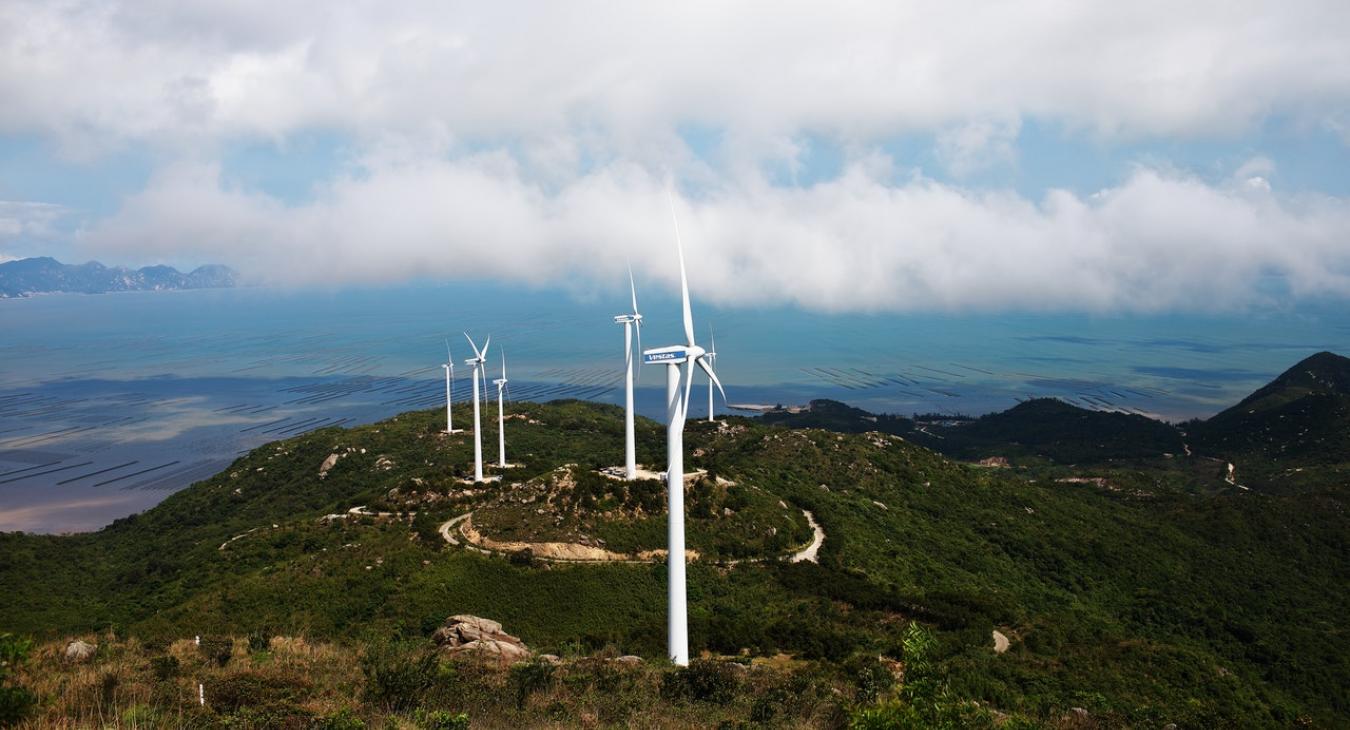
In the next election, green credentials are going to be near the top of the public debate. Political candidates are conscious that an entire generation – some too young to vote, but well able to pester their parents and grandparents – are tuned in.
Never have the stakes been so high, with global emissions rising 3% in 2018 and the impacts of climate breakdown laid bare. There is a growing sense that the climate and biodiversity emergency is no longer far away and the wool won't easily be pulled over the eyes of the climate generation.
Yet the conundrum of going green – whilst dealing with the need for a just transition for affected communities and addressing the pressing social problems of child poverty and homelessness has never been so fraught. Green policies and social justice policies are often pitted against each other. Yet in the context of a highly unequal society and the imperative of reducing emissions (or face catastrophe), the importance of "eco-social policies" are coming into sharp focus. Good eco-social policies are about a win-win of addressing inequality and emissions.
In the context of transition, progressive welfare states, social security, social insurance, good social services are themselves preventive and precautionary measures in the face of climate change. They provide a social floor and need to be strengthened and reformed to address the challenges of an increasingly unpredictable world. Other pro-eco-social programmes include retro-fitting of public housing and housing for those on low incomes; expansion of public transport infrastructure, with a focus on those communities at the margins; generous supports for those communities displaced by decisions to transition to low carbon sectors such as the peat workers in the Midlands.
Doing all this will require a far greater role for the state as planner, regulator, underwriter and funder. All of this requires a much high degree of forward planning, joined-up thinking and deep engagement from the communities affected. In terms of financial measures to fund a Green New Deal, the principle of polluter pays ought to apply. The heavy burden needs to be placed on the biggest polluters and cannot be socialised to place the burden of transition on those least able to cope. It is worth examining seriously the proposal of 16-year-old Beth Doherty at the Youth Assembly of a staggered corporation tax linked to emissions. Other taxes that could be considered are reform of VAT to reflect emissions by means of a luxury tax such as a levy on frequent flying.
Many shades of Green New Deal for Ireland are going to be on offer. However, such is the scale and scope of the transformation needed, reaching any "new deal" capable of overcoming inequality and rising emissions with due urgency, needs everyone on board. Partisan politics will only take us so far. A process to envisage new eco-social contract is needed, and fast.
The NERI blog is authored by Dr.Lorna Gold who gave the 2019 Dónal Nevin Lecture https://www.nerinstitute.net/

